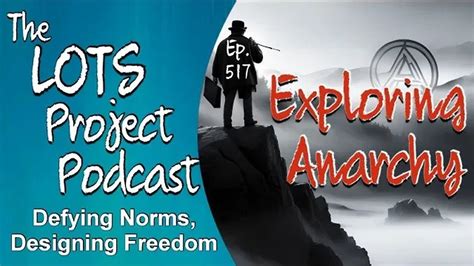Anarchism, often misunderstood as chaos or disorder, delves into the concept of people being capable of self-governing without authoritarian rule. The comments reveal intriguing debates on whether humans can behave reasonably without coercion, sparking discussions on the practicality and challenges of implementing such a system.
The notion that anarchism envisions a society devoid of rules is debunked, with the emphasis being on fair and voluntary participation in rule-making and enforcement. It highlights the need for inclusive decision-making processes and the rejection of unfair hierarchies and domination, reflecting a deep-rooted belief in fundamental human decency.
Contrary to popular belief, the comments emphasize that an anarchist society does not equate to a lack of organization but rather an absence of unjust power dynamics. They discuss the importance of balancing organized structures with decentralized control, aiming for a system where each individual has a voice and a role in shaping their community.
The discourse extends to the practical implications of anarchy in larger communities, addressing concerns about scalability, resource allocation, and response to crises. While smaller groups may showcase successful self-governance, challenges arise in managing complex societal functions and resolving conflicts without centralized authority.
Moreover, the comments touch upon the intersection of anarchy and human nature, contemplating the role of systems and individuals in shaping governance. The discussions navigate through scenarios of justice, protection of rights, and enforcement of rules in the absence of a traditional state apparatus.
The evolution of political ideologies, from anarchism to liberalism and socialism, is dissected in the context of societal dynamics and power structures. The comments shed light on the historical underpinnings of different movements, highlighting the diverse perspectives and aspirations within the political spectrum.
Engaging with the intricacies of human behavior and social organization, the discourse challenges stereotypical perceptions of anarchist principles and advocates for a nuanced understanding of decentralized governance. It prompts reflection on the balance between individual autonomy, community cohesion, and systemic stability.
By exploring the multifaceted nature of anarchism, the comments spark a thought-provoking dialogue on the feasibility and desirability of alternative political systems. They invite readers to reconsider preconceived notions about anarchy, encouraging a deeper exploration of its principles and potential implications.


Leave a Reply